Pakistan’s additional secretary of the Evacuee Trust Property Board (ETPB), Rana Shahid Saleem, stated on April 22 that Pakistan aims to enhance religious tourism, particularly among Sikhs, by improving facilities and infrastructure at key religious sites. He made these remarks while speaking at the Wagah border near Lahore in Punjab Province, Pakistan, bidding farewell to Indian Sikh pilgrims returning from a 10-day pilgrimage to celebrate Vaisakhi in Pakistan. Saleem emphasized plans to improve accessibility, accommodation, and security to attract more Sikh pilgrims. Additionally, he discussed initiatives such as the Kartarpur Corridor and efforts to preserve Sikh heritage and culture.
Ramesh Singh Arora, Pakistan Punjab's first Sikh minister for minorities affairs and president of the Pakistan Sikh Gurdwara Parbandhak Committee (PSGPC), recently sparked controversy over the purchase of three luxury vehicles totalling approximately PKR 5 crore. These transactions, allegedly funded from PSGPC accounts, drew criticism due to the pressing need for gurdwara maintenance under its purview. Despite assertions that the vehicles were not for personal use, concerns have been raised, with calls urging a focus on prioritizing gurdwara development over extravagant expenditures.
Pakistan’s Punjab Chief Minister Maryam Nawaz Sharif, speaking at a ceremony in Darshan Devery at Kartarpur, Narowal district, Punjab province, Pakistan, on April 18, announced plans to improve facilities for Sikh pilgrims. This includes constructing modern hotels at their holy sites, underscoring the government's dedication to offering superior services and security.
On April 13, Sikh pilgrims from various parts of the world, including 2,843 from India, arrived in Pakistan to celebrate Khalsa Janam Din and participate in the Baisakhi Mela festivities. The Indian pilgrims were warmly welcomed at the Wagah border in Lahore district and then transported to Hasanabdal via a special train for the main event at Gurudwara Panja Saheb on April 14 in Hassan Abdal, Attock district, Punjab province, Pakistan. The pilgrimage will also include visits to Nankana Sahib, Sacha Sauda, Gurudwara Darbar Sahib Kartarpur, and Gurudwara Rori Sahib before concluding on April 22.
According to sources, the National Investigation Agency (NIA) has withdrawn Look Out Circulars (LOCs) for three individuals from Punjab in connection with the violence at the Indian High Commission in London. Initially, LOCs were issued against 15 suspects based on videos and photographs. However, after a thorough investigation, no evidence linking the three individuals to the incident was found, leading to the closure of their LOCs. The attack was orchestrated by Khalistani extremists, including Gurcharan Singh, Avtar Singh Khanda, and Jasvir Singh, resulting in criminal charges such as trespass, flag disrespect, and property destruction.
Sikh Federation United Kingdom (UK) leader Dabinderjit Singh recently disclosed in an interview with Akaal TV that prominent Geo/The News London reporter Murtaza Ali Shah faces death threats from the Indian state due to his coverage of Khalistan issues and Sikh activists. Singh revealed that the Metropolitan Police are aware of these threats, linking them to Shah's reporting on the Khalistan Referendum and the Khalistani outfit Sikhs For Justice (SFJ).
Five British doctors and academics specializing in blood cancer, while speaking on a BBC Sounds podcast, refuted claims that Khalistani terrorist Avtar Singh Khanda's death from acute myeloid leukaemia (AML) at 35 could have been triggered by poisoning. Charles Craddock, the academic director of the Centre for Clinical Haematology at Queen Elizabeth Hospital in Birmingham, United Kingdom (UK), along with four other doctors and academics, emphasized the aggressiveness of AML and the impossibility of inducing it through poisoning. Khanda's death certificate lists AML and pulmonary embolism as causes, while his family and friends allege he was poisoned by the Indian government, with the UK covering it up.
A spokesperson from the United Kingdom (UK) Home Office recently denied viral reports from the media claiming that Prime Minister (PM) Rishi Sunak seized INR 100 crore (GBP 9 million) from over 300 Khalistani bank accounts in the UK. Various online stories alleged Sunak's crackdown on Khalistani supporters, with 5,000 bank accounts under scrutiny and a special task force formed. The UK Home Office stated it does not recognize these claims, emphasizing the country's respect for diverse communities and rejection of extremism.
Participants:
Participants:
Participants:
Participants:
The Air India Flight 182 Kanishka on June 23, 1985, flying from Toronto to Mumbai, exploded in mid-air over the Atlantic Ocean off the coast of Ireland killing all 307 passengers and 22 crew members. The mid-air bomb explosion which killed all the 329 persons, including 268 Canadians, 27 British, 22 Indians and 12 others on board, was the deadliest attack on civil aviation until the September 11, 2001 attack in neighbouring USA.
At least 50 passengers were killed and another 30 persons were injured as terrorists belonged to Khalistan Liberation Force (KLF) attacked the train passengers in a train at Baddowal village in Ludhiana District on June 15, 1991. When the train was stopped as someone pulled the ‘emergency cords’ at Baddowal on the Ludhiana-Ferozepur railway line, the terrorists entered into the train’s compartments and started firing at the passengers.
Khalistani terrorists attacked a passenger bus and killed 38 innocent civilians and injured another 33 others on July 6, 1987, near Lalru village in Mohali District of Punjab. Around a half dozen terrorists belonging to Khalistan Commando Force (KCF) forcefully stopped a passenger bus - Haryana Roadways bus HYE 1735 – near Lalru village (between Jamalpur and Hasanpur villages) and opened fire on passengers, killing 38 passengers including women and children.
Police on April 21 arrested two youths identified as Iqbal Singh and Satpal, and seized 1 kg of opium from their possession, near Bazidpur Bhoma village in Fazilka district.
The Border Security Force (BSF) troops on April 20 recovered 3 packets of heroin weighing 2.220 kg from farming fields adjacent to Natha Singh Wala village in Fazilka district.
The Border Security Force (BSF) troops on April 20 recovered 2.710 kg of heroin along with a drone from fields near Jangir Singh ki Dhani village in Ferozepur district.
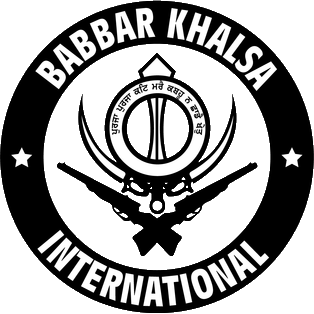
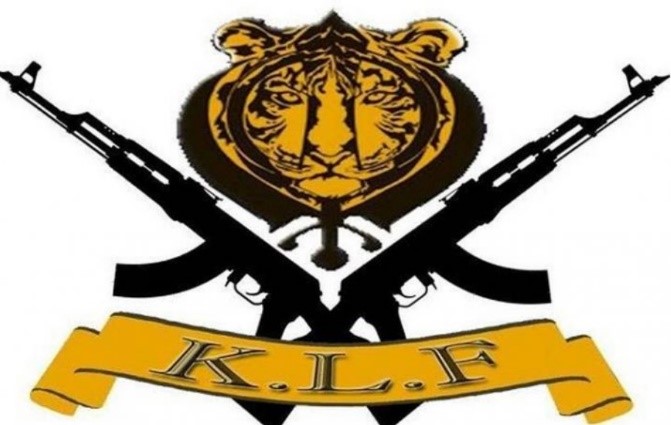
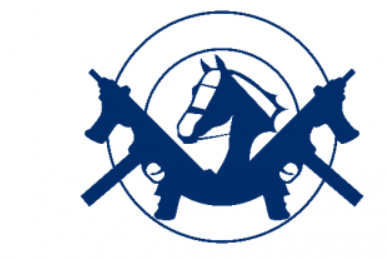
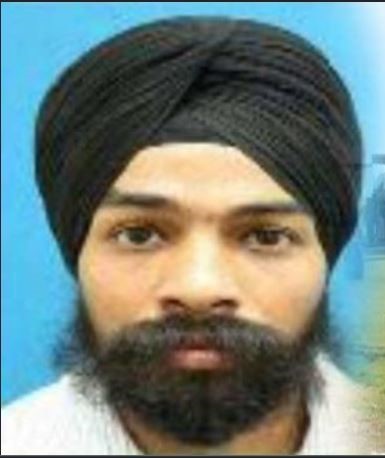

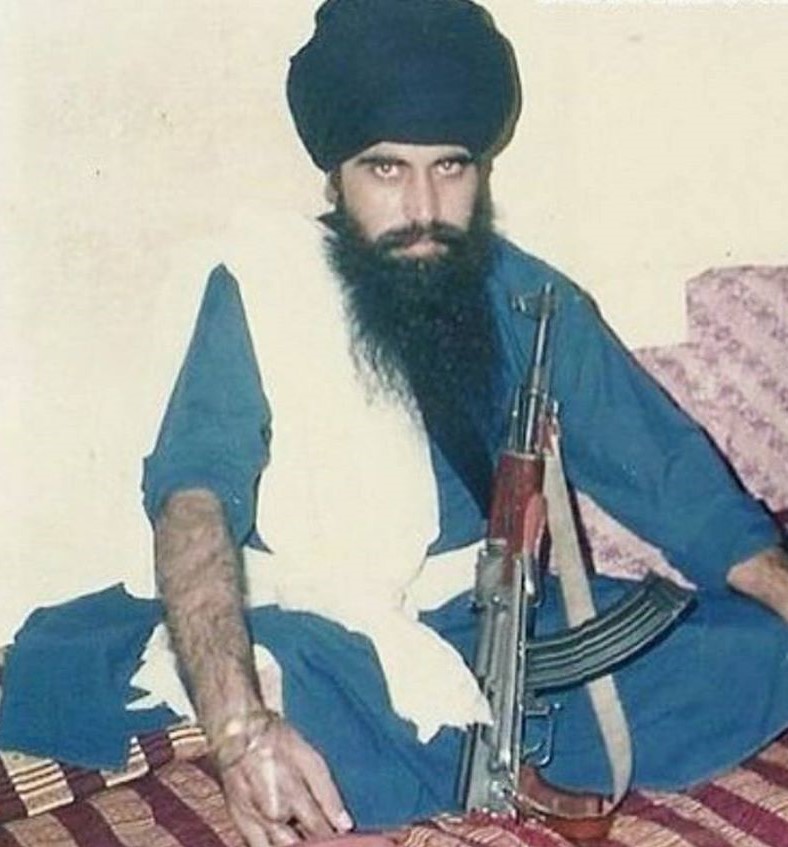
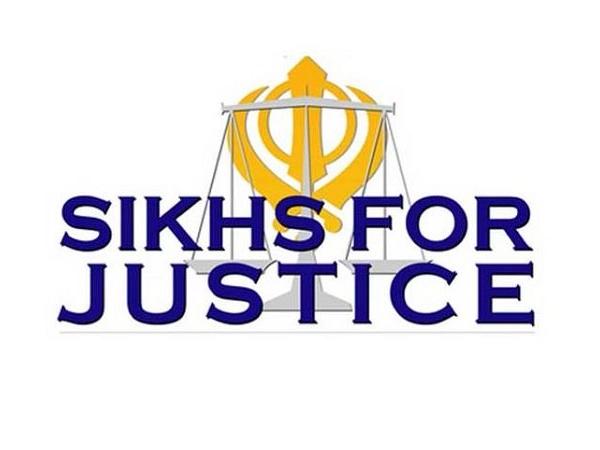
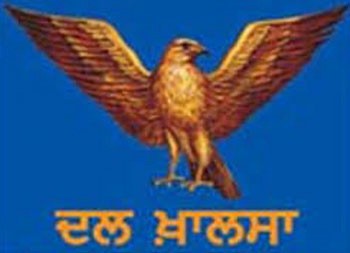

The National Investigation Agency (NIA) Friday froze the immovable assets of Surat Singh, an alleged key aide of Pakistan-based Sikh separatists, in a 2021 case related to a motorcycle-borne explosion in Punjab — a bid to destroy the financial infrastructure behind narco terrorism in India.
Khalistani secessionists burned and slashed Indian flags at a protest at India’s Vancouver consulate marking 300 days since the killing of Sikh activist Hardeep Singh Nijjar.
With the arrest of two terror module operatives, the Punjab Police on Tuesday said they have solved the murder case of Vishav Hindu Parishad Nangal unit’s president, Vikas Prabhakar, three days after he was shot dead by unidentified assailants at his confectionary shop in Nangal town.
At a time when several overseas anti-India elements have been eliminated by unknown attackers across the globe, intelligence reports to the Government of India suggested that there is a dilemma among the pro-Khalistani entities, as only a very few are in favour of adopting violent means to take forward their cause citing leadership vacuum.